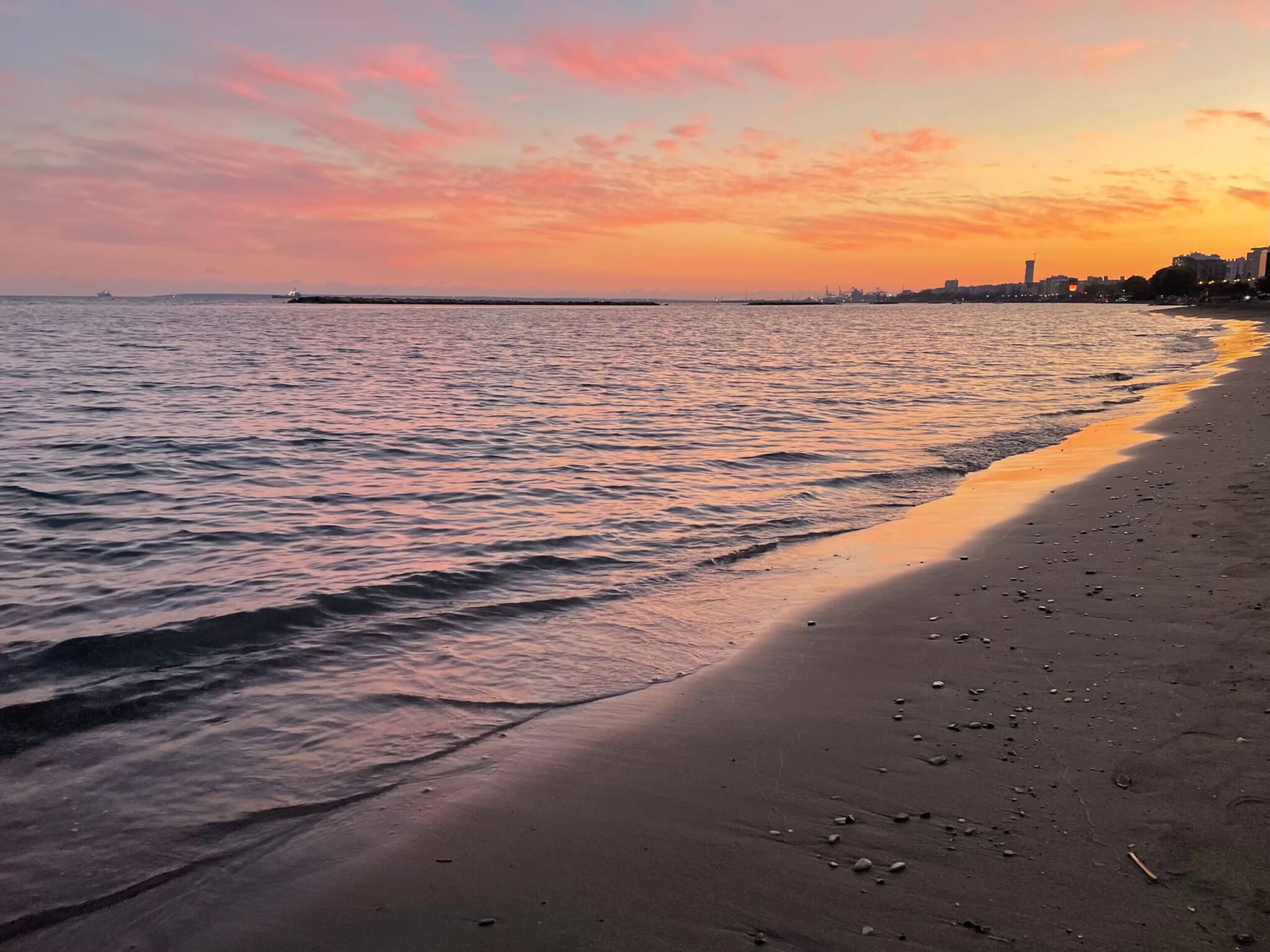
Currently reading Van Poeck et al. (2025) on “Open schooling: working on problems with community stakeholders, based on experiential learning, specifically place-based and problem-based”
This article investigates five schools in Belgium and Sweden doing “open schooling”, a very specific approach to developing and conducting teaching and learning, but I think the results are still super relevant and transferable to other situations where the goal is to teach for sustainability!
Van Poeck et al. (2025) discuss the difficulty of policy reforms (in teaching, but probably in all contexts) to actually change practice: it takes immersion into the new thing to take it from “mere words” to actual understanding. Teachers tend to mostly interact with their significant others with similar backgrounds and opinions, so it is difficult to influence conversations, especially to make them take a completely new direction. But on the plus side, such networks also make reforms stick once they have been implemented and taken onboard… At least as they seem to work, since “[d]emonstrable results in terms of students’ learning outcomes are the key to the endurance of any change in instructional practice“.
Van Poeck et al. (2025) then discuss “problematic situations”, which can either be solved by and existing habit, or by inquiry and the formation of a new habit. Solving through existing habits leads to shallow solutions, e.g., when a language teacher replaces a text on fashion to practice grammar on with one on sustainable consumption. It “[c]onsolidates existing teaching habits“. What is desirable instead is long loop learning. But is not so easy, especially when changing things substantially, like for example transitioning to open schooling.
Open schooling means working on problems with community stakeholders, based on experiential learning, specifically place-based and problem-based. It lends itself to teaching for sustainability because of its focus on breaking up disciplinary silos and inspiring action, seeing “the school campus as an inherent part of learning and training environments“, breaking up the school vs real life dichotomy.
But now to the study: In those five schools in Belgium and Sweden, they implement open schooling using the LORET framework: “LORET is a methodology to design sustainability teaching that aims to address real-world, locally relevant sustainability problems while, simultaneously, teaching subject knowledge to realising curriculum objectives“. In that work, they identify six problematic situations and which teaching habits they disturb:
1. Starting from a sustainability challenge to plan a lesson is difficult for teachers when they are used to start from the content prescribed in the curriculum for a specific course, or to adjust teaching based on the student group, their interests, energy, etc. (which I can very much relate with — I do A LOT of last minute / on the fly adjustments depending on what I think will be interesting to a specific group! But that does indeed make it difficult to plan things far ahead (experiencing that right now), and it needs to of course be balanced with what the actual plan for a lesson or course is). It is also difficult when teachers are used to start from thinking about learning activities, rather than backwards from the goals (and that is a habit that I see a lot, both in myself, especially when I have discovered cool activities that I want to do, but also when talking with other teachers). And lastly, if we are thinking about the classroom as separate from the rest of the world (which centralised curricula tend to imply as desirable, and which of course has advantages for example for mobility of exchange students and teachers; but in the end what is the point of going elsewhere to study if you just learn the same stuff no matter where you are?), it is of course more difficult to suddenly connect it to the local context, and not just that, but also involve new players and give them space and importance!
2. “Taking the students along in an authentic quest for solutions” is difficult when teachers are used to being the expert who can provide knowledge and answers that already exist (and understanding that as the point of teaching), and when they are used to focusing on problems (as in problem-based learning, where a question is refined iteratively) instead of solutions (which also need to be evaluated and refined).
3. Planning co-created lessons, i.e. where students will come with unpredictable input that will shape everything that comes after, is difficult when teachers are worried that they won’t know in advance what the students will say and come up with, since that then requires flexibility and thinking on their feet rather than being prepared for every last detail, and might reveal that they don’t actually know, and cannot control, everything.
4. “Creating lesson plans and teaching materials from scratch” is difficult when teachers are used to start from materials like textbooks, slide decks, curricula, or even examples of how their colleagues have addressed something.
5. “Collaborating among teachers” requires all teachers to let go of their independence in planning lessons in their own subject independently of what is going on in other places in the school, and to invest time into this collaboration that they would otherwise have spent on something that they would have chosen themselves.
6. “Defining and coordinating the roles of teachers and non-school partners” is difficult when you are expecting controp over your own work and predictability about what is happening around you. Also, if you perceive your classroom as separate from the rest of the world, this is a big change to accomodate.
Van Poeck, K., Lidar, M., Lundqvist, E., & Östman, L. (2025). When teaching habits meet educational innovation: problematic situations in the implementation of sustainability education through ‘open schooling’. Environmental Education Research, 31(3), 605-626.
Featured image from the last evening of my vacation… It was not easy to leave, I can tell you!